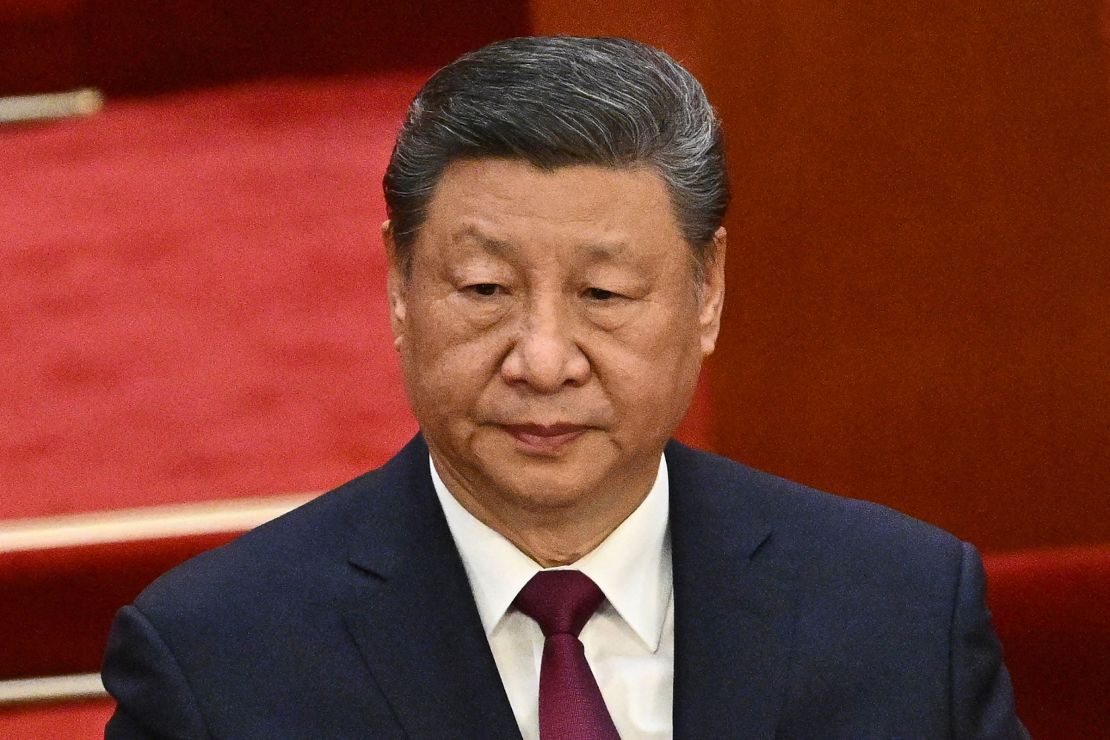China permitirá a científicos de seis países, incluido Estados Unidos, examinar rocas raras traídas de la Luna. China ha ampliado su cooperación científica con Estados Unidos en un momento en que la guerra comercial entre las dos economías más poderosas ha alcanzado su punto álgido.
En 2020, la nave espacial china Chang'e-5 trajo algunas rocas de la superficie lunar. El jueves, la Administración Nacional Espacial de China (CNSA) dijo que había dado permiso a dos instituciones estadounidenses financiadas por la agencia espacial estadounidense NASA para examinar la roca.
Según un informe de los medios locales, el jefe de la CNSA, Shan Zhongda, dijo que la muestra de roca es un tesoro que vale la pena compartir entre la humanidad.
Aunque la CNSA permite a los científicos estadounidenses ver muestras lunares recolectadas por la NASA, los científicos chinos no pueden verlas. Los legisladores estadounidenses han impuesto restricciones a la cooperación científica de la NASA con China.
Según la ley de 2011, la NASA no puede establecer ningún tipo de relación de cooperación con China ni con ninguna empresa china; Para hacer algo así, debe obtener un permiso especial del Congreso.
Al respecto, John Logsdon, ex director del Instituto de Política Espacial de la Universidad George Washington, dijo a la BBC que la política tuvo muy poco que ver con el último intercambio de rocas lunares. No tiene importancia militar. Lo ideal es que haya cooperación internacional en materia científica.
El presidente de Estados Unidos, Donald Trump, ha impuesto un arancel máximo del 145 por ciento a los productos chinos desde que asumió el cargo para su segundo mandato. En respuesta, China impuso un arancel del 125 por ciento a los productos estadounidenses.
